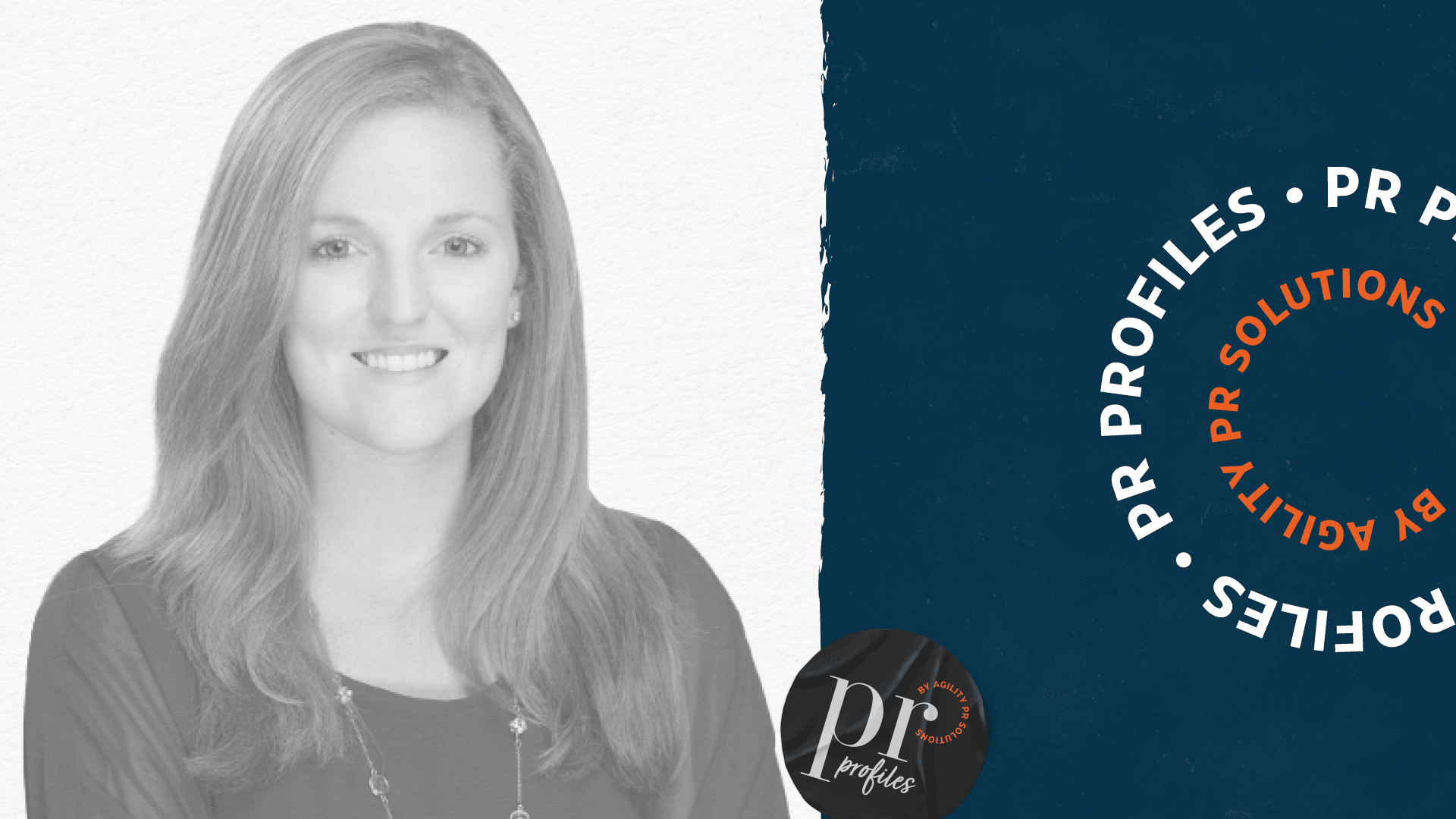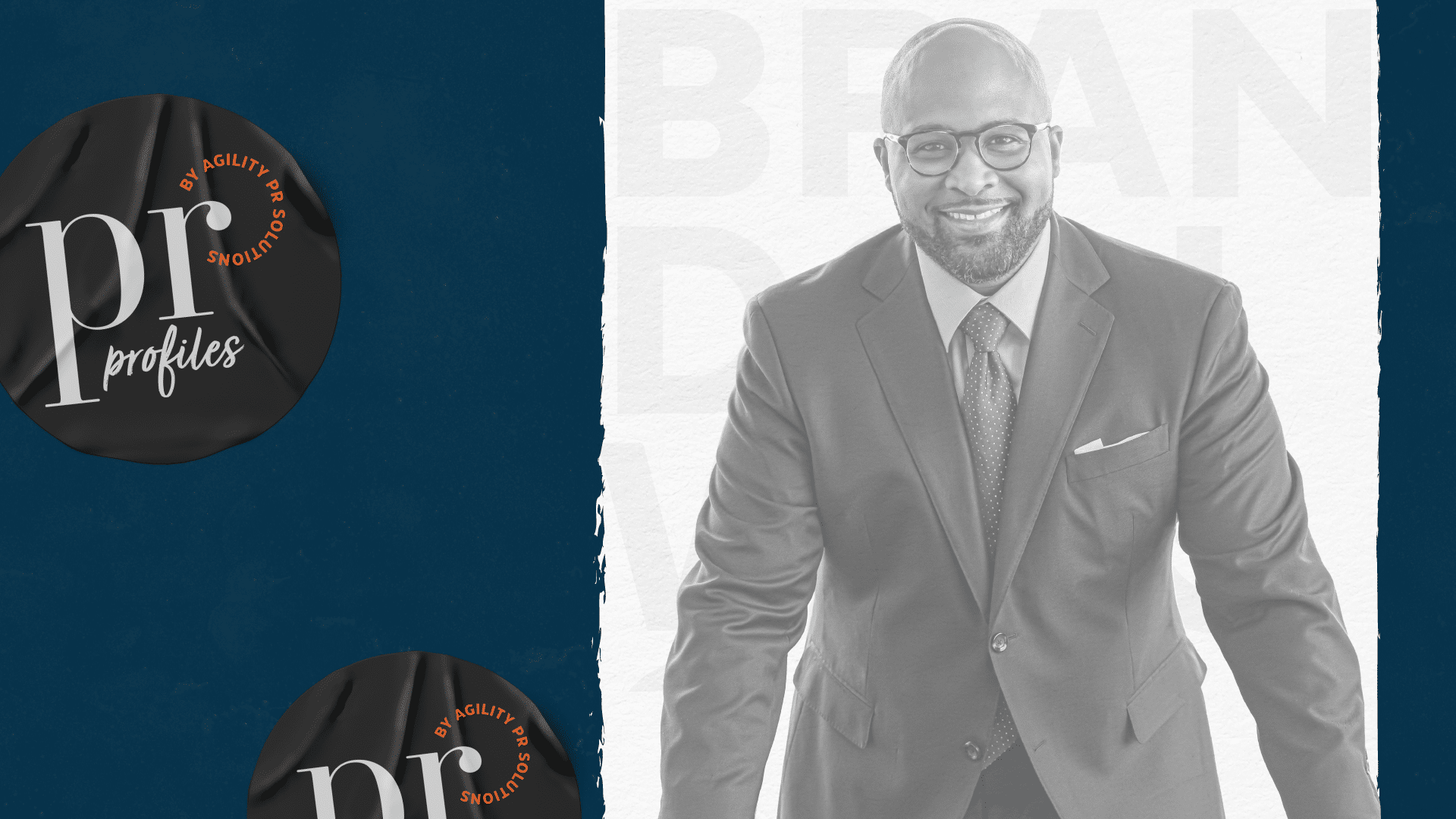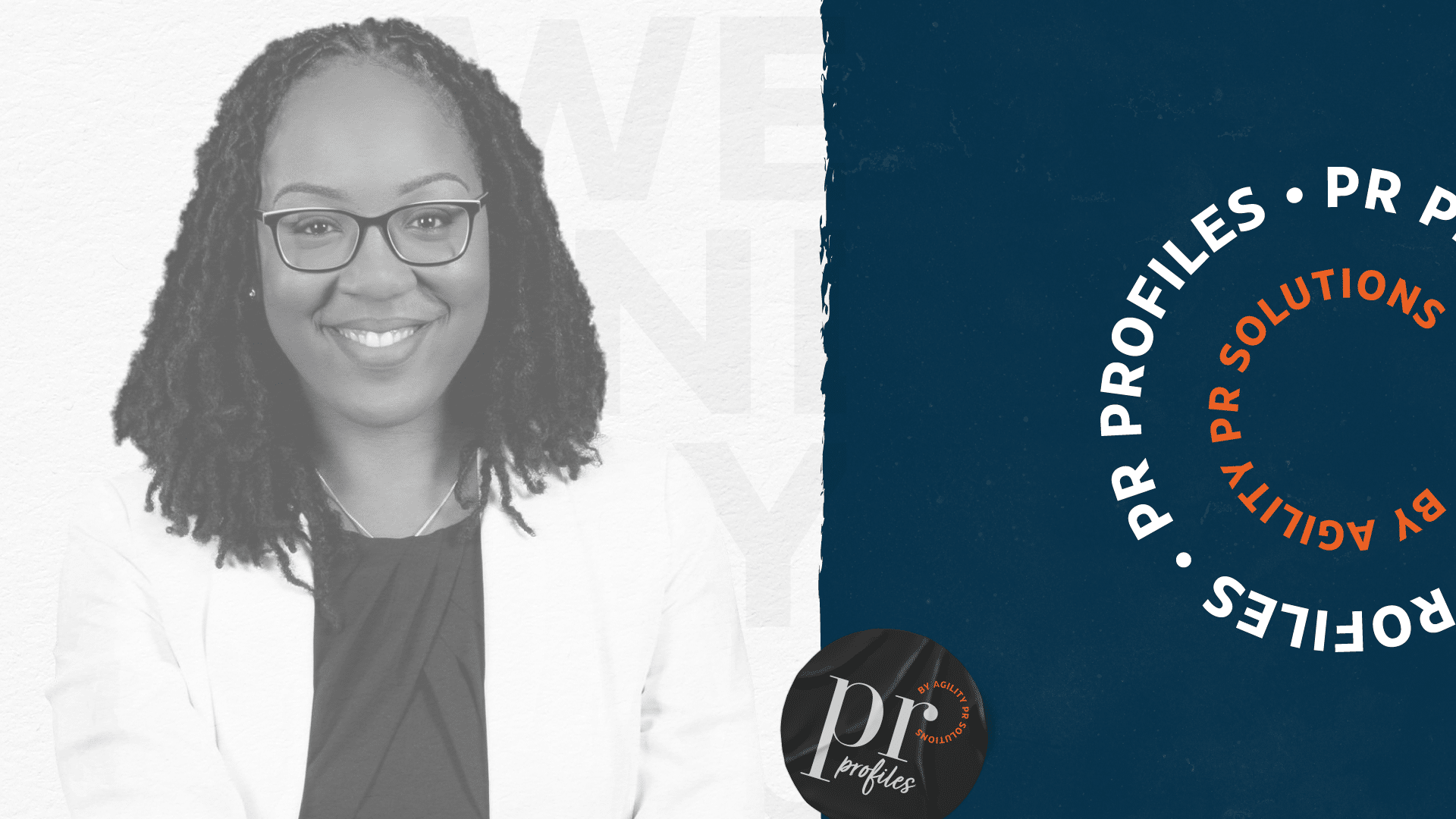From March 24-26, over 2,000 registrants joined us for our second annual Crisis Comms Mastery virtual summit. This year we had 15+ sessions from a lineup of world-class PR and crisis comms experts, including former journalists, agency owners, authors, and podcast hosts.
If you missed the event, we’ve compiled some of the top tips to help you prepare for, respond to, and resolve a crisis like a PR master.
Keynote

Molly McPherson
“A digital crisis is going to happen to you. You need to plan for it and prepare for it. Having a message in place is critical. Not only will it allow you to respond quickly and in real time, but it’s also going to give your leadership and your board the confidence that you’ve got it covered. And when you have confidence going into a crisis, you tend to do the right thing. You tend not to hide. You’re not back on your heels. You’re leaning into a crisis.”
Molly McPherson, author, podcast host, and founder of Molly Baker McPherson | Indestructible PR™.
In case you missed it, we did a recap article on Molly’s keynote.
Prepare

Dr. Clāra Ly-Le
“Social media is only a tool—and a very good tool that—and whether using social media can harm an organization during this sensitive time, depends on how you understand this situation, your audience, and the tool itself.”
Dr. Clāra Ly-Le, Managing Director, EloQ Communications

Don Trynor
“Create contact distributions ahead of time so that when a situation arises, you’re not scrambling to figure out, who do I have to send a communication to? Really look at each of these scenarios that you might face and figure out who will be the people, who will be the influencers, who will be the stakeholders, that I need to keep them informed. This could include media contacts. It could include internal or external stakeholders, regulatory bodies, government, and even your employees.”
Don Trynor, Director of Product Management, Agility PR Solutions

Kyle Villeneuve
“I hope I’ve communicated the power of using media monitoring, and a media database and outreach to properly prepare, set yourself up for success, and handle a crisis of any kind. It’s essential to have these tools for your peace of mind and to respond effectively and quickly.”
Kyle Villeneuve, Senior Client Success Specialist, Agility PR Solutions

Lauren Reed
“Sometimes in a crisis, even the most well-intentioned PR professionals can lose sight of the big picture and lose sight of how what they’re doing today is going to impact their clients or themselves five years from now. A crisis can provide an opportunity to really make a lasting impression by creatively communicating with grace and professionalism.”
Lauren Reed, APR, President, REED Public Relations

Oliver Schmidt
“If you should hear from someone that an off-the-shelf crisis communications plan template should be sufficient for you to develop a plan—don’t believe it. Everything needs to be customized in order to arrive at a plan that will stick.”
Oliver Schmidt, President & CEO, C4Cs, LLC.

Scott Baradell
“When a crisis does happen, the first thing a reporter’s going to do is a Google search on the brand. You need to have authentic reviews from happy clients. You need to have other articles that have been written about your products and your thought leadership. That’s going to provide context, so that the story that may be initiated with a reporter seeing something negative about you on social media gets balanced by what they find when they search to learn more about your brand.”
Scott Baradell, Founder & CEO, Idea Grove

Tonya McKenzie
“You have to build from the ground up to make sure that when things do happen, because they do, the foundation that you’ve put together is so solid that people know, ‘I can still go back to them for a certain level of service, a certain product quality’.”
Tonya McKenzie, Founder, Sand & Shores PR
Respond

Alison Kosakowski Conant
“The big picture is that while this may be the roughest day of your career, there are real people at the center of a crisis and for them it’s probably the worst day of their lives. So, I’m going to ask you for a moment not just to focus on being a good PR person, but to take a breath and instead focus on being a good person.”
Alison Kosakowski Conant, Communications Consultant, AK Conant Communications

Brian Morris
“Select good spokespeople. Have people who can understand the situation, can speak to it, are not emotionally involved, and are not rattled by the situation. Show empathy. Show responsibility. Show transparency. And right to the very end, choose your words wisely as the story continues to be told.”
Brian Morris, Senior Director, Communications, Senators Sports & Entertainment

Chris Thomas
“Anytime you’re in a crisis situation, regardless of what the circumstances are, it’s not really what you say, it’s what you do, and then how you talk about it. I would challenge you to avoid ‘thoughts and prayers’, and to provide something that is deeper and more meaningful and that will represent you and represent those who’ve been impacted in a better light.”
Chris Thomas, President, Intrepid Agency

Gary Holmes
“Uncertainty is the root cause of anger or panic. Ignoring bad news, remaining silent, attempting to cover it up—all of that creates fear and uncertainty. People deal with bad news much better than they deal with uncertainty.”
Gary Holmes, VP, Director of Public Relations & Public Affairs, Mower Agency

Pragya Dubey
“You want to dissect your coverage and analyze it to get the key insights that will really fuel your strategy and assess how you’re performing. What media analysis will more specifically inform you about is how you are connecting with your audience, what messages are resonating with them, and what has been the impact on your reputation because of a particular crisis. With this assessment you’re able to evolve.”
Pragya Dubey, Vice President of Global Services and Media Analytics, Agility PR Solutions

Sean Mallen
“You’re going to have to deal with reporters if you’re in the public eye and you’re facing a crisis. So, it’s much better to understand how they work. And that begins with understanding their agenda—what do they want when they’re coming to interview you? At the beginning, they just want information. They want to know what’s going on and it’s your job to do that.”
Sean Mallen, Principal, Sean Mallen Communications

Steve Kee
“Your aim is not to try to get positive coverage in the midst of a disaster. You’re trying to get neutral coverage. You’re trying to get accurate coverage. You’re trying to make sure that people understand what is going on and why things are happening.”
Steve Kee, CEO, Steve Kee Communications

Jo Detavernier
“When you downplay the responsibility for a crisis to look as good as possible in the short term, the story can unravel. People can start discovering that you’re downplaying. And then that becomes a developing story. And then your reputation ends up suffering a whole lot more compared to if you had just been straightforward and transparent in the beginning.”
Jo Detavernier, Principal, Detavernier Strategic Communications
Resolve

Amy Forsythe
“Keeping a journal and just jotting a few things down when you have a moment will help boost your memory. At the end of every crisis or situation you’ll want make an after-action report or review, and keeping a journal will help you do this because you will understand what you’ve written down instead of trying to recall from memory.”
Amy Forsythe, Public Affairs Officer, Marine Corps Tactical Systems Support Activity

Bradley Akubuiro
“Reputation is something that folks typically understand, but also feel is a little bit ethereal. When you’re talking about how that reputation and the ability to preserve it, protect it, or advance it can have a true impact, not only on the bottom line but on the long-term viability of the business, that generally is an argument that is heard by the C-suite.”
Bradley Akubuiro, Partner, Bully Pulpit Interactive

Aurora Meyer
“If you had to give yourself a grade, what would you give yourself? And what would you give your team? You’ll also want to note how your stakeholders think you did. Is there some additional information from your stakeholders that will let you know whether you achieved your objective or not? There’s no room for ego in a post crisis evaluation.”
Aurora Meyer, APR, Communications Manager, Columbia Public Schools

Elizabeth Toledo
“Disinformation is one of the biggest threats that crisis communicators need to be able to manage professionally. You want to make it as easy as possible for people with good intent to get the right information and to understand it well in context, and for people who don’t have good intent and are trying to promote disinformation to have some barriers to doing so.”
Elizabeth Toledo, President, Camino Public Relations

Evan Nierman
“It’s not enough to simply pledge to do better, you actually need to do it. Because during a crisis, you’re under more scrutiny than ever before. And people will check. If you pledge to do something, you better darn well make sure that you do it, because if you don’t, you could find yourself back in the crisis with the cycle starting all over again.”
Evan Nierman, Founder & CEO, Red Banyan
The event may be over but that doesn’t mean you have to say goodbye to all the content from our speakers! With an All-Access Pass you can watch the Crisis Comms Mastery sessions you missed or review your favorite sessions again and again.







